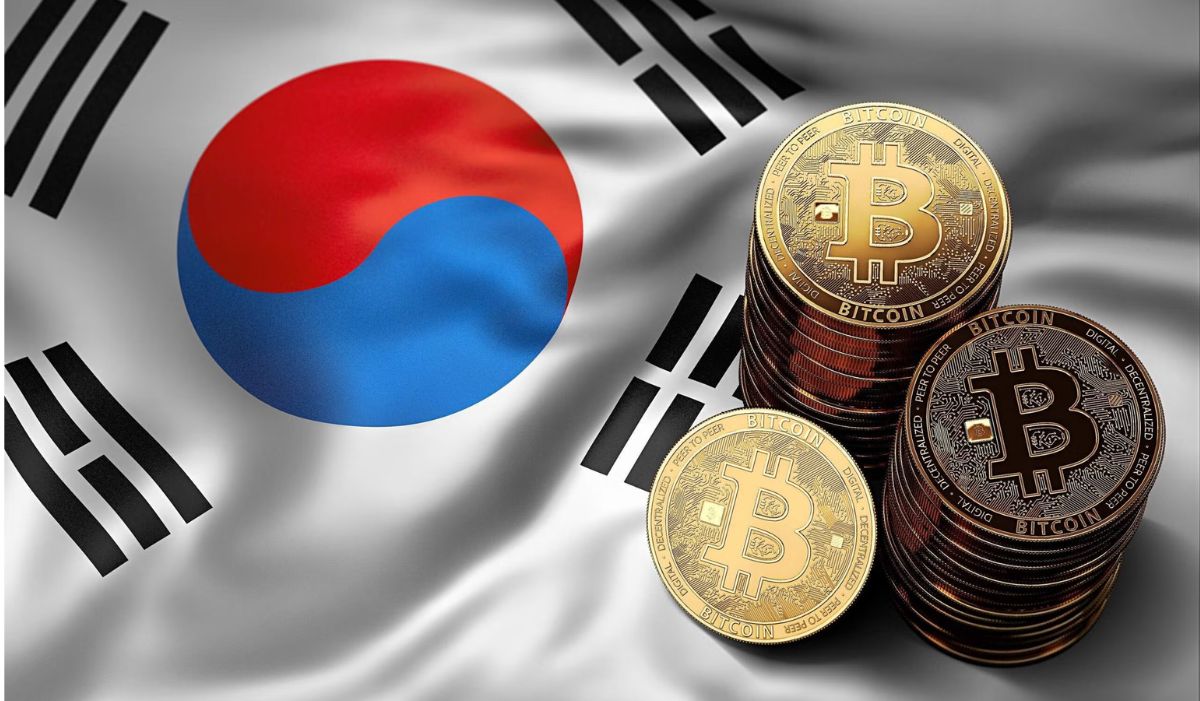South Korean Youth Turn to Crypto as Economic Pressures Mount

Cryptocurrency adoption in South Korea is accelerating, especially among younger people, but not for the reasons often associated with blockchain enthusiasm. More than 16 million South Koreans, over 30% of the population, are now active users on crypto exchanges. While the recent uptick is partly attributed to renewed market optimism following Donald Trump’s U.S. election victory last November, the deeper motivation appears rooted in economic struggle.
Eli Ilha Yune, Chief Product Officer at quantum AI startup Anzaetek, highlighted this shift during a panel discussion at German Blockchain Week. Speaking at the “Asia Insights” session, Yune noted that many young South Koreans are not drawn to cryptocurrency because of a belief in Web3 or decentralised technologies. Instead, they see crypto as a last resort in an economy that offers few opportunities. “The motive comes not from a belief in Web3 like in the West but from financial desperation and the hope for quick gains,” he said.
The pressure facing South Korea’s younger generation is intense. Youth unemployment, covering those aged 15 to 29, stood at 6.6% in May—more than double the national average. Real estate prices have also soared to unattainable levels. The median price of an apartment in Seoul now exceeds 1 billion won (approximately $689,000), with a price-to-income ratio of 15.2, making home ownership largely unrealistic for many.
Traditional investments like stocks no longer seem attractive either, as returns are often too modest to meet the growing financial demands of daily life. “They can’t afford homes, rent is too high, and stocks aren’t yielding enough,” Yune added. “Crypto feels like the only shot.”
This sentiment is reflected in the 2025 Korea Wealth Report, which shows that young high-net-worth individuals in the country hold three times more cryptocurrency than their older counterparts. However, Yune also expressed concern that many of these young investors lack a deep understanding of the technology they are betting on. “There are exceptions, but many don’t understand the infrastructure or technology behind what they’re investing in,” he said.
As newly elected President Lee Jae-myung pushes for greater integration of digital assets into the national financial system—including institutional crypto usage and the possible introduction of a Korean won-based stablecoin—South Korea’s crypto boom appears to be as much about economic survival as it is about financial innovation.





